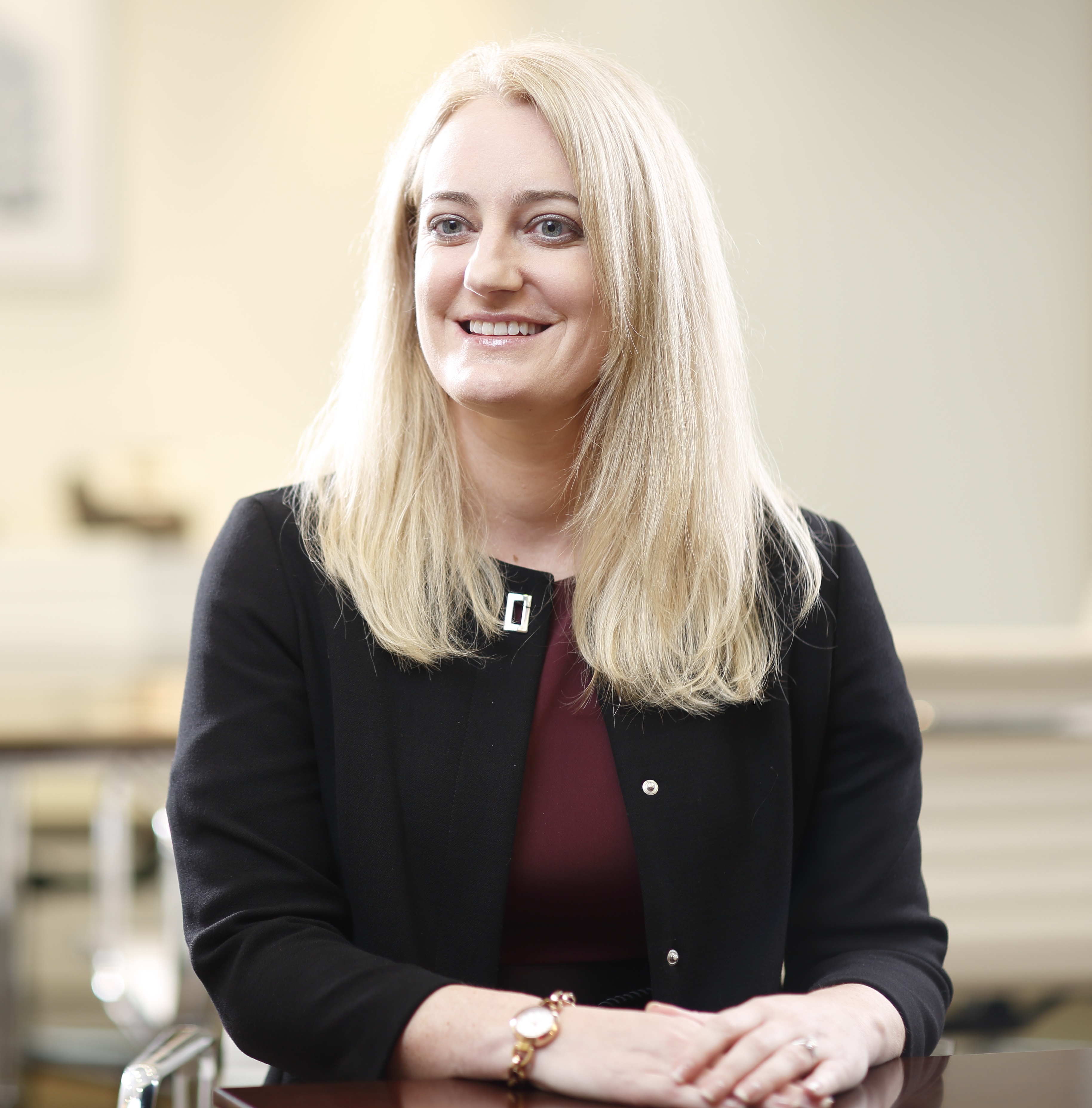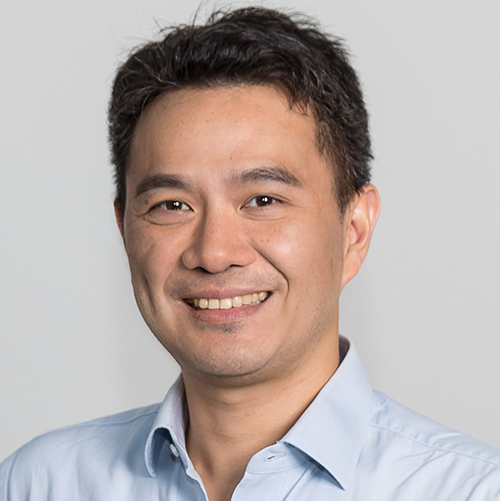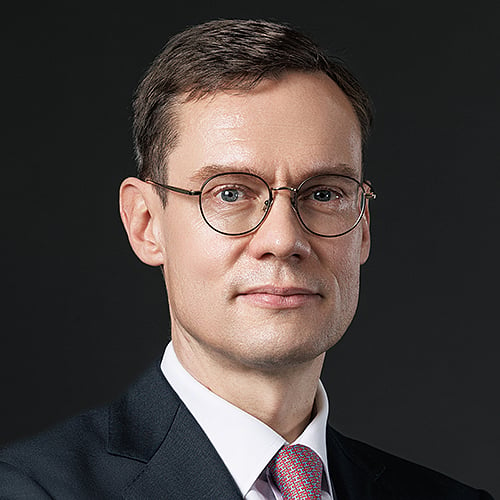
The robust creation of wealth in Asia is generating a rapidly expanding strata of local players in alternative asset management and private equity.
Vistra, the Hong Kong-headquartered global fund administration, trust and corporate service provider, says it is witnessing significant activity in these sectors particularly in its Southeast Asian hub in Singapore.
Where investors from jurisdictions in North Asia may have first established a foothold in Hong Kong before venturing into the ASEAN region, a growing number are now coming directly to Singapore.
According to Caroline Baker, Vistra’s managing director, Asia Alternative Investments, in addition to a steady flow of investors from mainland China, Japanese clients are also favouring the Lion City.
High-profile moves from Japan to Singapore include Taizo Son, the younger brother of SoftBank Group founder Masayoshi Son, who opted for Singapore as the base for his venture capital firm. Son cited excessive red tape and a lack of innovative education in his native country for the domicile change.
More wealth originating in North Asia is finding its way into Southeast Asia to seek out opportunities in the highly populated and aspirational countries such as Indonesia and Vietnam. More adventurous investors are exploring opportunities in frontier markets such as Myanmar and Cambodia.
“We are seeing a lot more investments in Southeast Asia from China and so Singapore is really the place that they're secure in setting up and structuring,” says Baker.
“They’re comfortable with the service providers and they’re comfortable with the government and tax treaties,” she adds.
Baker heads up the alternative asset practice for Vistra in Asia, where she says her firm works with a wide band of clients. Currently her biggest client is a US$7 billion dollar fund while at the other end of the scale she is working with a new ESG focused fund of US$5 million.
As more homegrown players enter the alternative asset management space, the demand for ever more sophisticated services and asset structures is also intensifying.
To match the demand Baker’s firm has been adding to their core Asian business units. The firm now employs over 100 people in China, about 400 in Hong Kong and nearly 200 in Singapore.
In ASEAN, Vistra sees Indonesia with its population of over 260 million people as a key market. Tapping into the growing interest in Southeast Asia’s largest economy by multinational businesses looking to expand, Vistra acquired a Jakarta-based company, Global Expandia, in 2018.
Baker admits the recent Indonesian tax amnesty had an impact on business related to that jurisdiction but is now seeing activity pick up again in the country.
One of the main business hotspots in Indonesia is around ESG-related ventures which is being driven predominantly by investment in clean energy projects and reforestation.
“Replacing coal with say hydro, that’s a big development in Indonesia, we’ve got one fund that is specially focused on building hydroelectric power plants in Indonesia,” says Baker.
Building an awareness of ESG requirements is something Baker and her team are developing.
“We’ve got a focus group that works on ESG and we want to position ourselves to be the service provider that people come to for that,” Baker says.
“But where we think we can make the bigger impact is actually helping the companies and helping the funds that are carrying out social impact investing and being their service provider,” she adds.
With a global presence across 46 jurisdictions, Vistra has been on a rapid growth journey and will continue to monitor merger and acquisition opportunities to further strengthen the firm’s capability.
“I think we've got the scale and we've got the people and more people are coming to us directly,” Baker adds.
She is complimentary when talking about the Singapore financial regulator and their proactive measures in constantly calibrating the city state’s business structures.
Singapore’s new corporate structure, the Variable Capital Company, is helping to deliver on industry demands for a local product that is both suitable for all types of investment funds while also being internationally competitive.
“Around three years ago there was a lot less private equity specialists and fund administrators, but to be honest there was a lot less private equity funds in Singapore that were outsourcing,” Baker says.
“So since then we've seen a huge growth in terms of the establishment of private equity funds, and also Singapore as a domicile,” she adds.
The attractive new arrangement may also have played a part in luring high-profile billionaire James Dyson to change his company domicile from the UK to Singapore.
Among other commercial advantages, there is no capital gains or inheritance tax in Singapore, whereas in the UK, inheritance tax is charged at 40% on anything above £450,000 (US$545,630).









